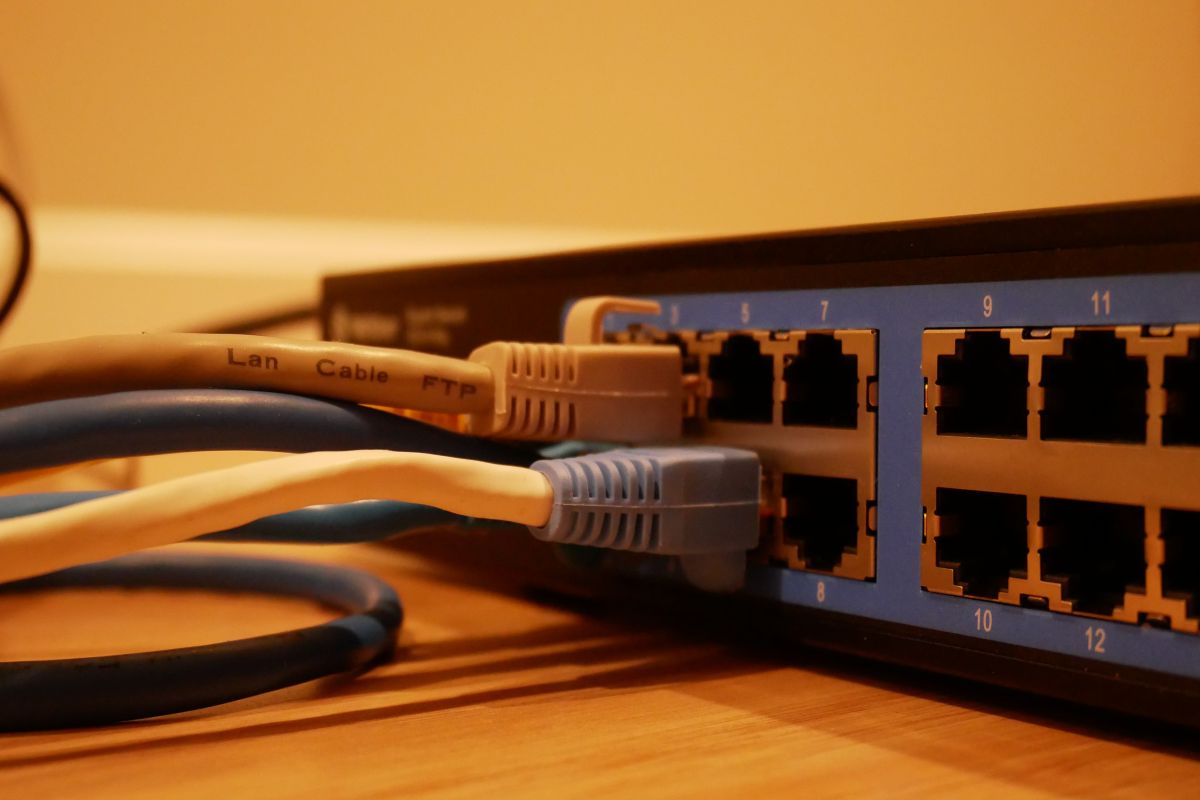A broadband internet connection is the right way for you to go if you can’t rely on your 4G mobile network for working from home or basically doing anything that involves the internet. Note that broadband here means fixed broadband. There are multiple internet service providers (ISPs) in almost every part of the country who are offering a fixed broadband connection to users with speeds going up to 1 Gbps. With a fixed broadband connection, you can control the number of devices connected to the Wi-Fi network, which allows you to oversee that there is never a scenario of congestion. But the thing is, you can’t carry your broadband connection everywhere. You can leverage it at home for a good internet experience. However, once you are out of your home, you have no other option but to go with the mobile network for consuming data if you can’t find public Wi-Fi spots.
Is India Delivering a Reliable 4G Experience to Users?
Some would say yes; some would say a hard no. The thing is, there are only three telecom operators with limited resources, and they have to serve a whole country. So not an easy task for them. Regardless, their 4G networks are available in most parts of the country. The experience for the users differs from one place to another because of the kind of investments these telcos have made in different places. Further, network congestion is also there in areas where a lot of people are trying to go online using their 4G network connectivity from a single operator. India’s 4G is nowhere close to what users get in some of the other developed countries. It is also not enough for the users who are usually reliant on their fixed-broadband connection for internet services. But with 5G, things should ideally change. 5G networks are capable of delivering at least 10x faster speeds than the 4G networks on average. So, once 5G is launched in a phase-wise manner, users will also start being reliant on their mobile networks for high-speed internet.
